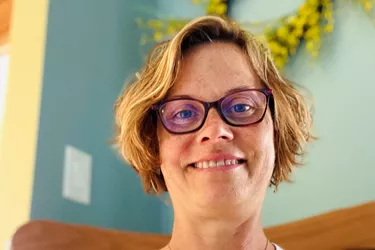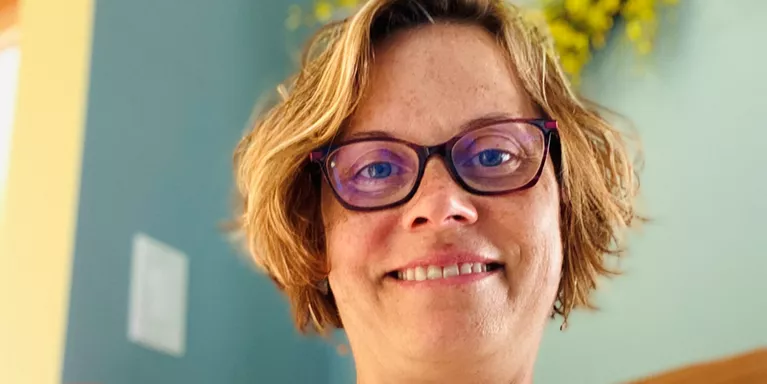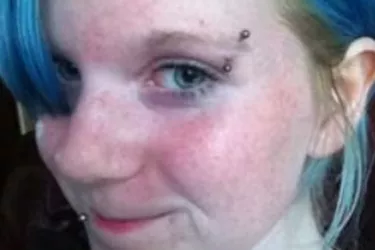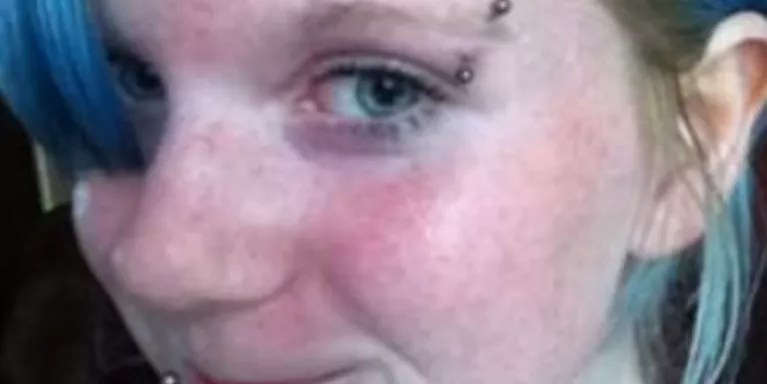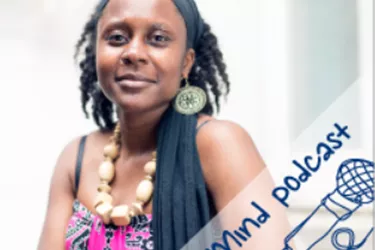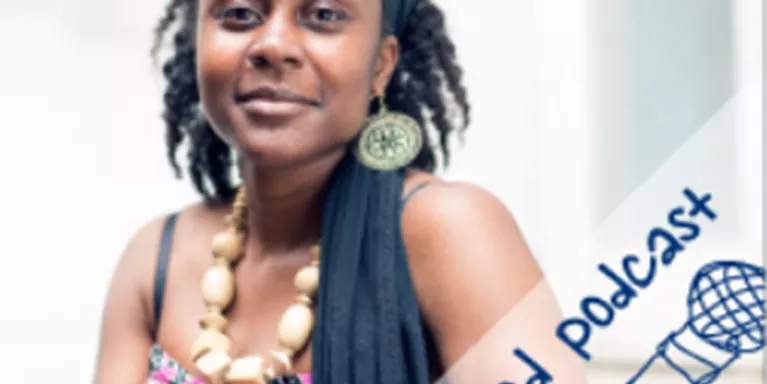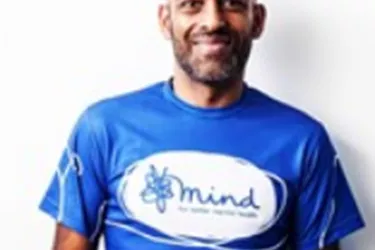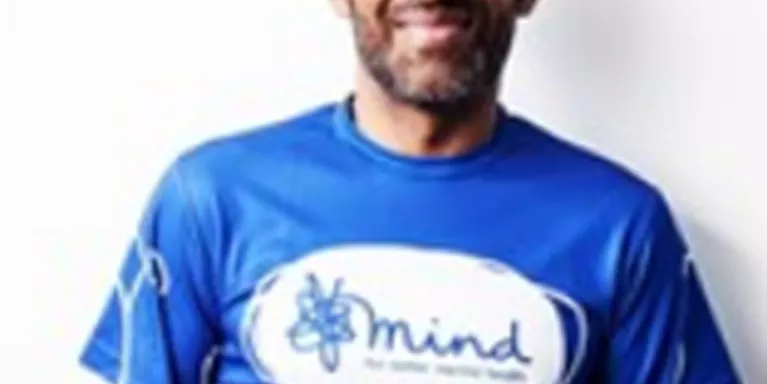The biases I face as a black woman
Angela blogs about her experience of accessing mental health care.
I was diagnosed with bipolar disorder at 18 years old after struggling through my adolescent years with feelings of never quite fitting in. I would rapidly go from overthinking every little detail, to completely withdrawing from society, then sinking into an unbearable depression once I realised I couldn’t solve the injustice of living within a society that never seemed fair.
At the time of my very first mental health crisis I was also a young mother struggling with the transition of going from having free time and a social life to having another person depend on me for everything.
Race made it more stressful
It didn’t cross my mind that my experience during a manic episode would be made a lot more intense and stressful due to my race and my young age.
After sleepless nights that escalated to full-blown insomnia, I was having a manic episode. My partner had decided to take my daughter out to allow me to rest, but I thought he was taking my child away from me. I ended up calling the police to have my child returned to me after asking my partner to return home.
At that stage, I don’t think he understood the severity of the manic episode till the police pulled over the bus he was travelling on.
From that moment on, I had to rely on him to keep me grounded. But my mind was trying to convince me he was the enemy and he wanted me sectioned, which was my worst fear after being diagnosed in 2006.
My partner convinced the mental health services not to escalate my treatment to a hospital stay, which would have been very difficult for him coping with a baby, an ill partner and a full-time job.
“The mental health professionals would double-check everything I said with my white male partner.”
Although I was grateful to not be in hospital, those days were especially hard. What made it even harder was that the mental health professionals would double check everything I said with my white male partner. And they would ask him if I had shown aggressive behaviour, despite never having a history of violence relating to manic episodes.
I also felt that the possibility of hospitalisation was suggested more often than it would have been if I was white. It was used as a warning against not taking the very high doses of medication I was on.
Advice to other black people
My advice to other black people facing a crisis is, write down a list of people who you can trust, and a date-marked letter to yourself to encourage yourself to seek help.
During a crisis your mind can play tricks on you, and it may be difficult to identify an advocate who will carry out your wishes if you are unable to.
“From believing black people feel less physical pain, to sectioning them more frequently, the biases are there.”
From believing black people feel less physical pain, to sectioning them more frequently, to black women being four times as likely to die during childbirth than their white counterparts, the biases are there within the health care sector. There is also a lack of cultural awareness. Some black people express themselves loudly, and professionals who lack awareness may perceive this as threatening or disruptive.
I was lucky to have a partner who advocated for my needs and wishes. It is worrying that many other black people may not have the same support.
Something needs to be done to level the playing field for equality in health care. It is a privilege to not have to worry about the colour of your skin during a mental health crisis on top of trying to seek help. And that cannot be right.


Information and support
When you’re living with a mental health problem, or supporting someone who is, having access to the right information - about a condition, treatment options, or practical issues - is vital. Visit our information pages to find out more.
Share your story with others
Blogs and stories can show that people with mental health problems are cared about, understood and listened to. We can use it to challenge the status quo and change attitudes.










